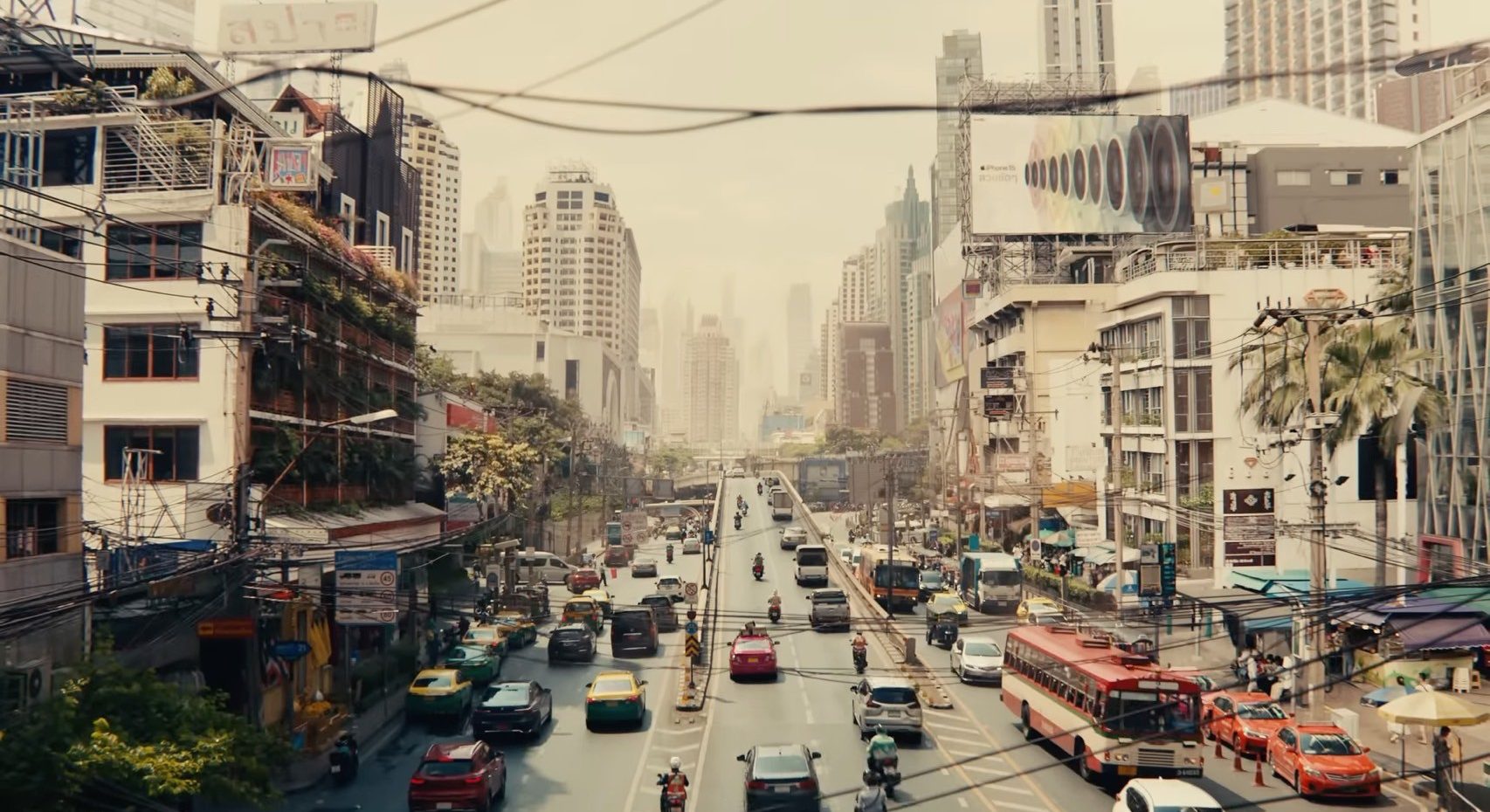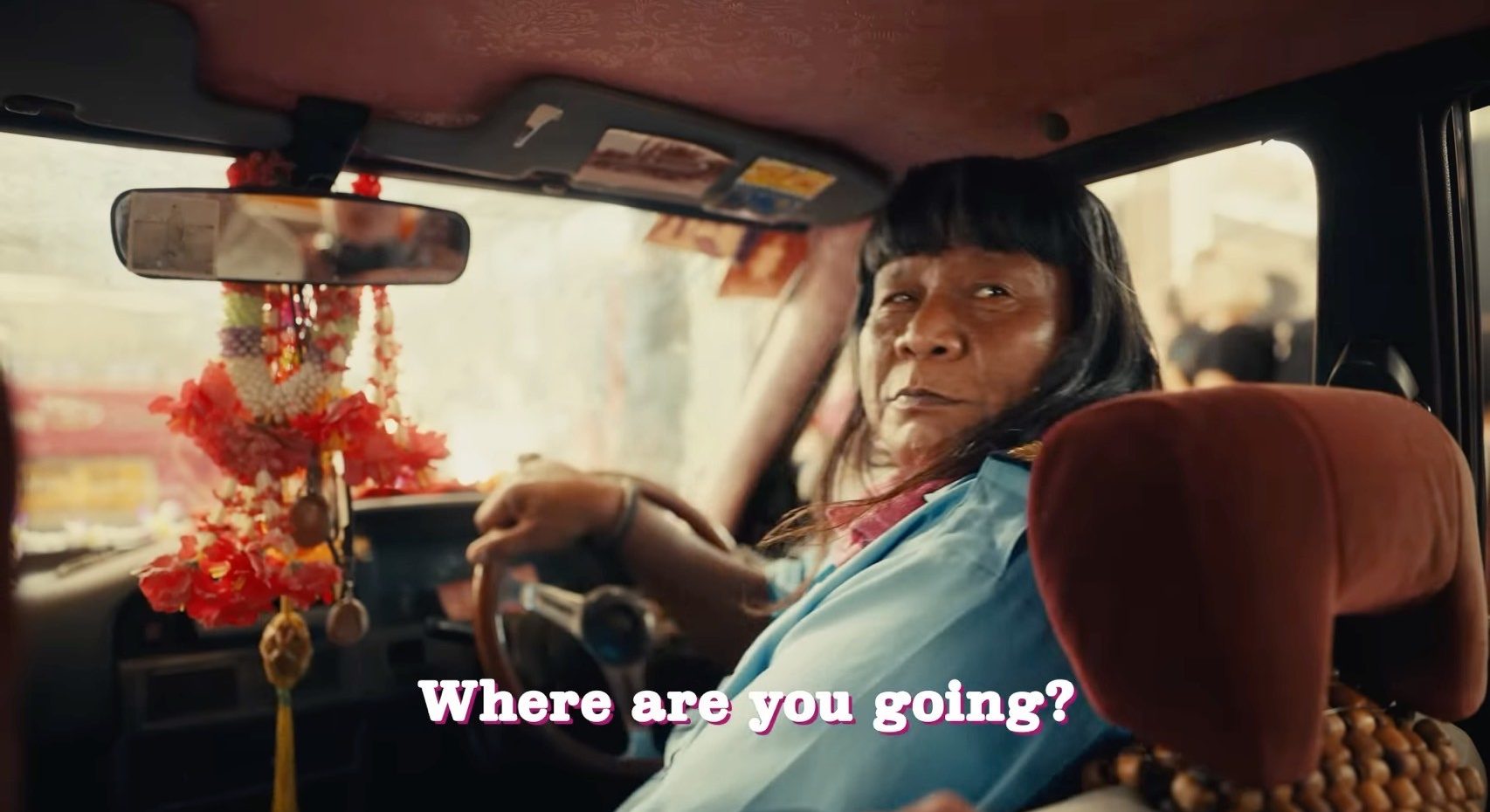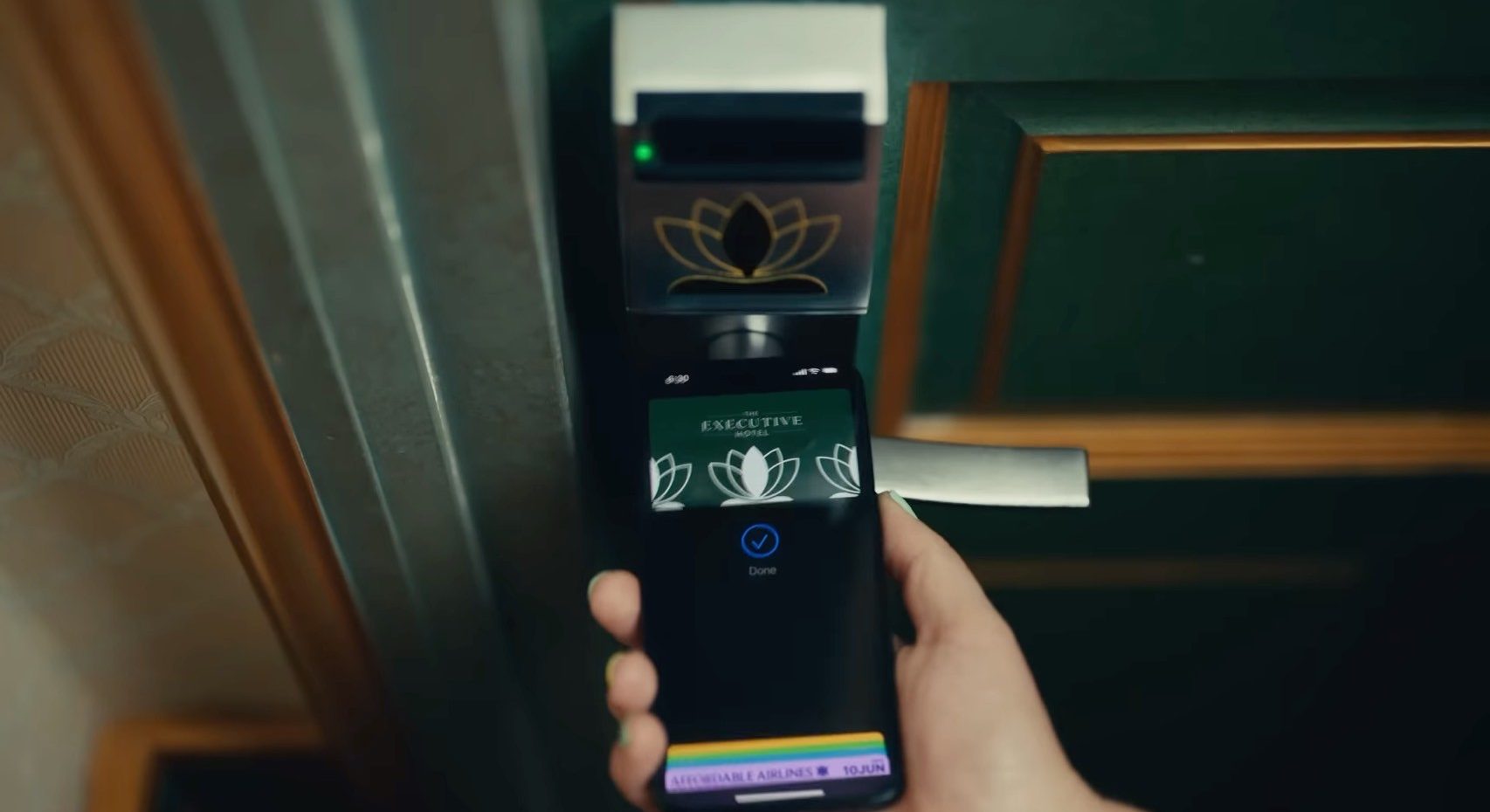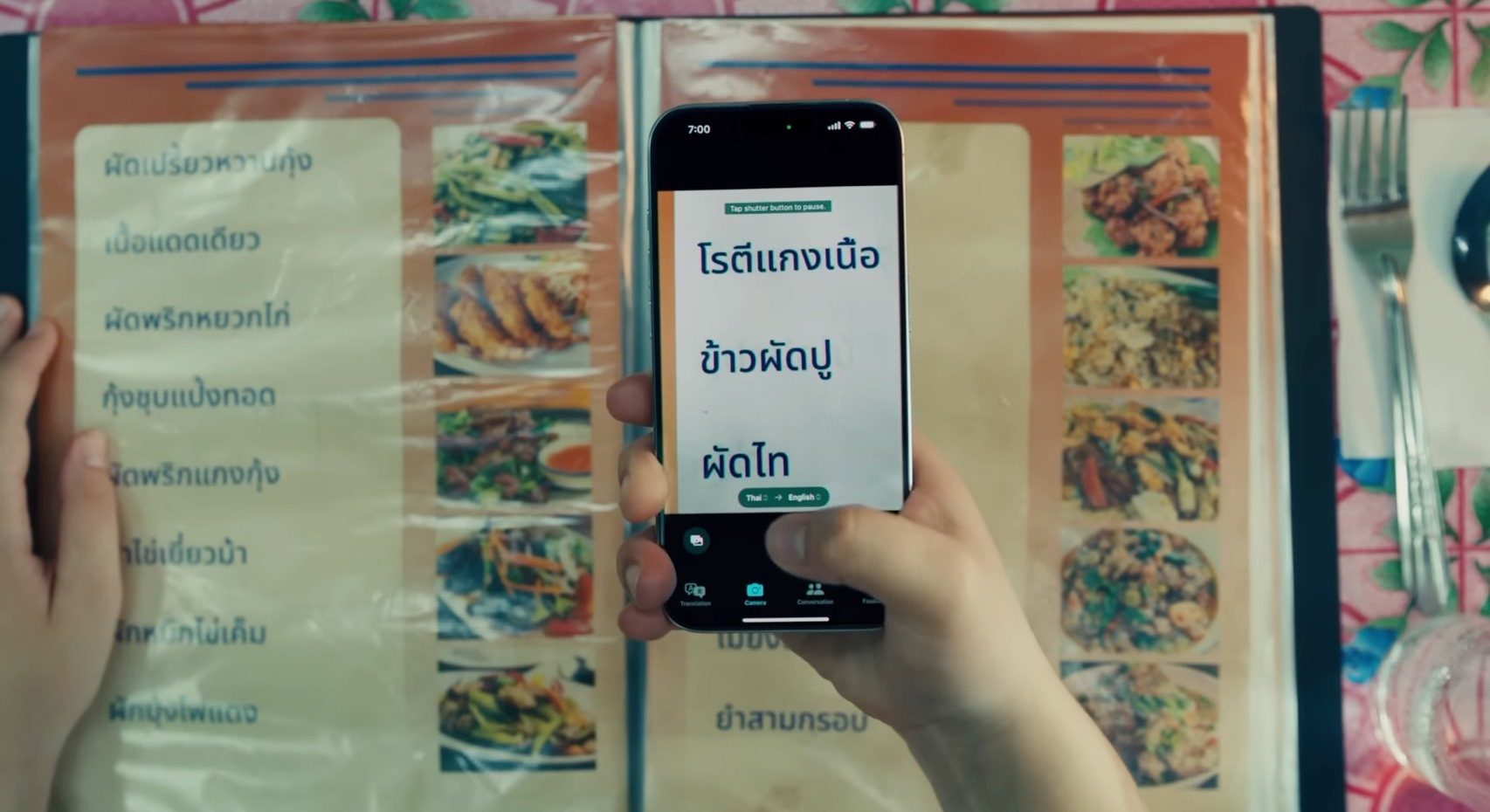IN SPITE OF BEING CRITICIZED FOR TARNISHING THAILAND’S IMAGE, THIS APPLE’S COMMERCIAL PROVOKES MANY PEOPLE TO CONSIDER THE OVERLOOKED REALITY BY PROVIDING SURREAL REALITY
TEXT: WEE VIRAPORN
PHOTO COURTESY OF APPLE
(For Thai, press here)
Last two weeks, Apple rolled out a new advertisement titled ‘The Underdogs: OOO (Out of Office),’ spotlighting a group of employees facing a tight deadline to produce millions of pet product packaging boxes. To achieve this, they chose to collaborate with a Thai supplier, prompting a trip to Thailand. Amid the ensuing chaos, Apple’s products and services enabled them to coordinate globally across time zones and work from anywhere, leading to their eventual success.

There have been several editions of the ‘Apple at Work’ advertising series, chronicling various work-related scenarios—mostly focused on how large corporations harness Apple technology to ramp up efficiency. The ‘Underdogs’ episodes, focusing on small and medium businesses, particularly stand out by humorously depicting characters navigating tumultuous situations, adding a lighthearted twist to their journey. The team’s previous adventures included adapting to working from home during the COVID-19 pandemic and catching the thieves who snatched their MacBook ahead of an important presentation.
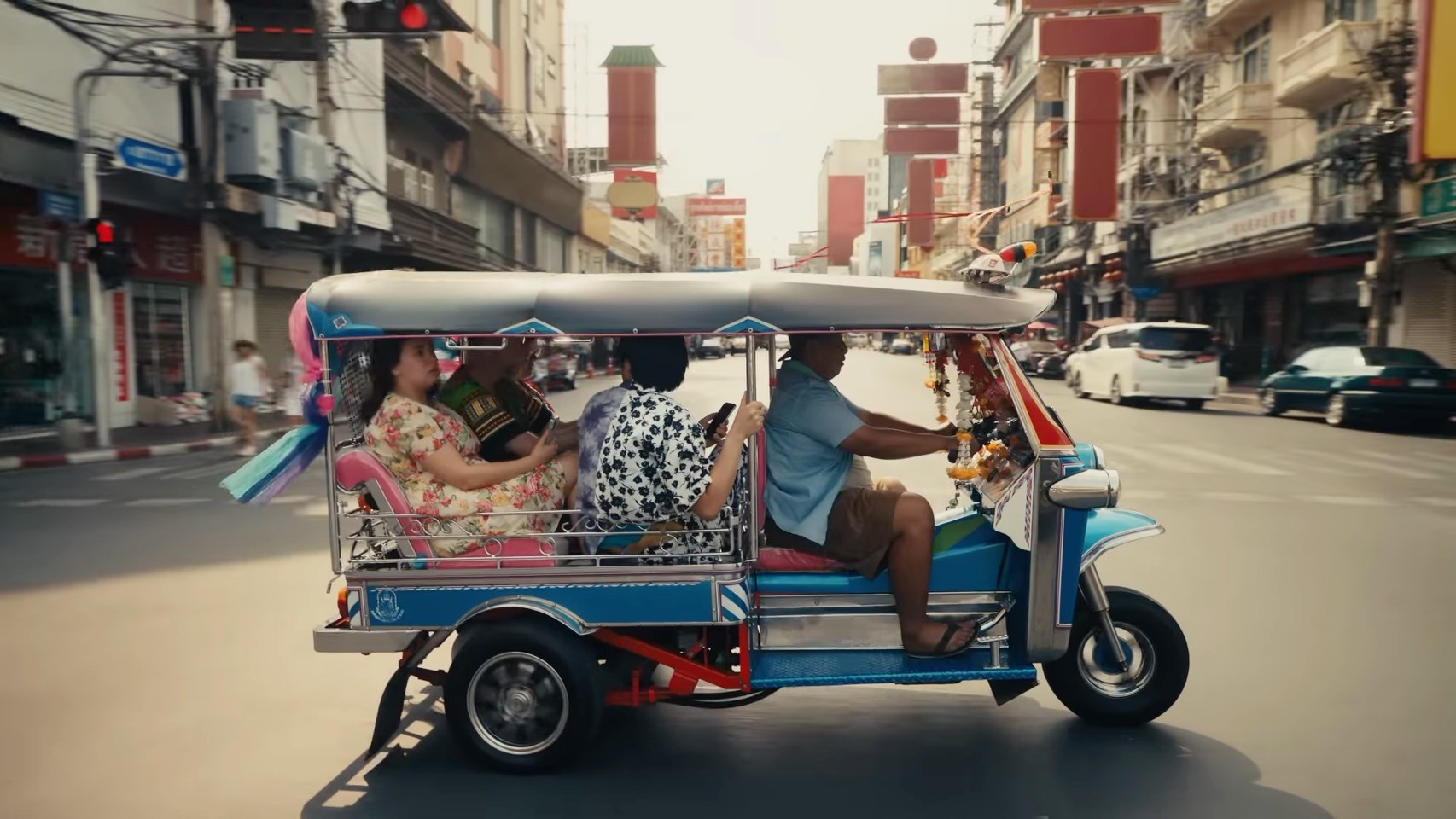

The latest Apple advertisement has ignited a fiery debate among Thai netizens, who claim the portrayal of the country heavily leans into stereotypes of underdevelopment. Critics dissect the ad’s aesthetic choices, citing an unrealistic color scheme that bathes the landscape in a sweltering, saturated yellow reminiscent of Hollywood’s typical depiction of Mexico. They criticize the outdated portrayal of infrastructure—a seemingly ancient airport, scenarios of lost luggage, and archaic immigration officials. Then comes the scene with a taxi bedecked with marigold festoons that can easily make one think it’s India instead of Thailand, and the rundown three-star hotel draped in tacky pleated fabrics, while tourist fashion and the relentless chaos of traffic round out the litany of clichéd visuals. Even the notion that Thailand must have a strong Internet network to enable Apple products to work seamlessly has become a point of contention. Some interpret this portrayal as suggesting, ‘Apple’s products are so effective that you can even manage to work in an underdeveloped country’.


For those who favor the advertisement, they view it as a lively depiction filled with fun, eccentric art direction that dives into a quirky, Wes Anderson-esque chaos and perfectly captures the vibrant spirit and somewhat craziness of the country. They went on to say how critics who perceive the ad portraying Thailand as underdeveloped are probably the people who are accustomed to the comfort of upscale malls and seldom venture beyond the plush inner zones of Bangkok. Or perhaps, they refuse to recognize the aspects of Thailand that deviate from the polished imagery promoted by the Tourism Authority of Thailand or the typical middle-class aesthetic. Their take on the advertisement is why not interpret it as an invitation to explore the less-seen sides of Thailand? Besides, the ad not only parades tourist favorites like elephant pants and 3D ice cream but also underscores the adaptability of Thailand’s service sector and the prowess of its packaging printing industry.


From its early days as a plucky ‘underdog’ battling industry behemoths, Apple distinguished itself with groundbreaking advertising campaigns that became staples in marketing textbooks. Iconic spots such as the dystopian ‘1984’ commercial introducing the first Macintosh and the ‘Think Different’ campaign of the ’90s epitomized Apple’s innovative approach. However, as the brand evolved into one of the wealthiest global entities, its more recent advertising efforts have occasionally missed the mark. The ‘Crush!’ campaign, which used visual metaphors to highlight the slimness of the iPad Pro, ended up under fire for seemingly disrespecting the traditional tools of creative trades and stoking anxieties about technology’s potential to replace human skills. Despite a public apology, Apple chose not to pull the controversial ‘Crush!’ ad from YouTube.‘The Underdogs: OOO’ ad mirrors this trajectory. Initially viewed by just tens of thousands, the count has since soared to 5.4 million as of August 1, 2024, suggesting that controversy can still work its charm as a ladder for viewer engagement in the digital age.
*UPDATE – On the morning of August 2, 2024, several online news websites in Thailand reported that Apple had issued a public apology the film had been removed from the company’s YouTube channel. However, the aforementioned statement cannot be found on Apple’s official website.
While the exaggeration of this advertisement’s portrayal of Thailand is obvious, it’s undeniable that the heated debate is rooted in and magnified by the country’s own intrinsic diversity and disparities. We have shopping malls that house the world’s leading luxury brands, yet right beside them are overcrowded communities. We have modern airports, but also dilapidated ones in smaller towns. Our capital boasts electric buses, sharing the road with some over 30-year-old ones pumping out pollution, and many provinces lack public transportation or adequate public utilities altogether. We see news of overcrowded and unwelcoming bus terminals, followed by road accidents killing hundreds before and after every big public holiday. Our railway system remains underdeveloped, among many other issues that could be endlessly discussed.

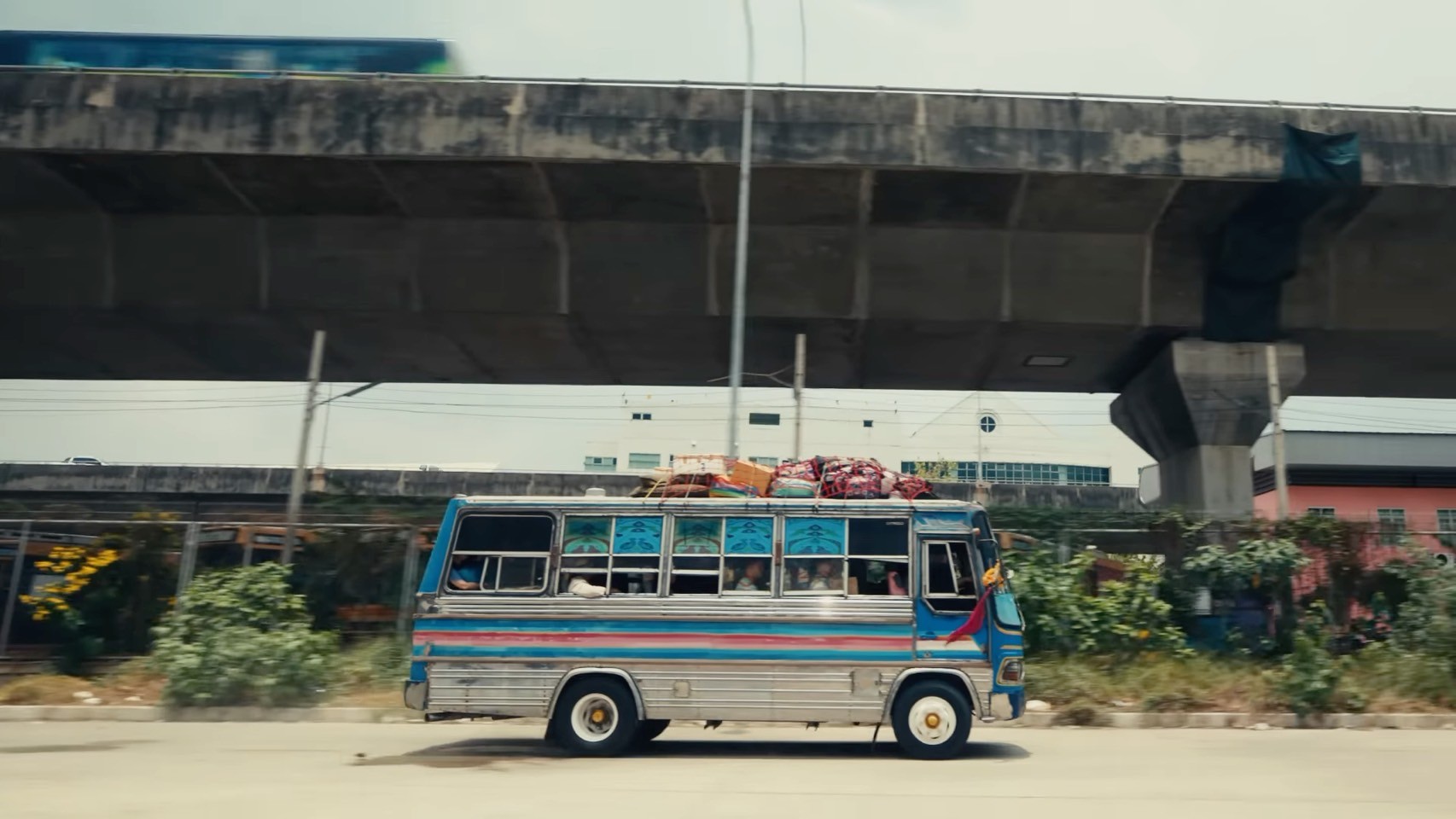
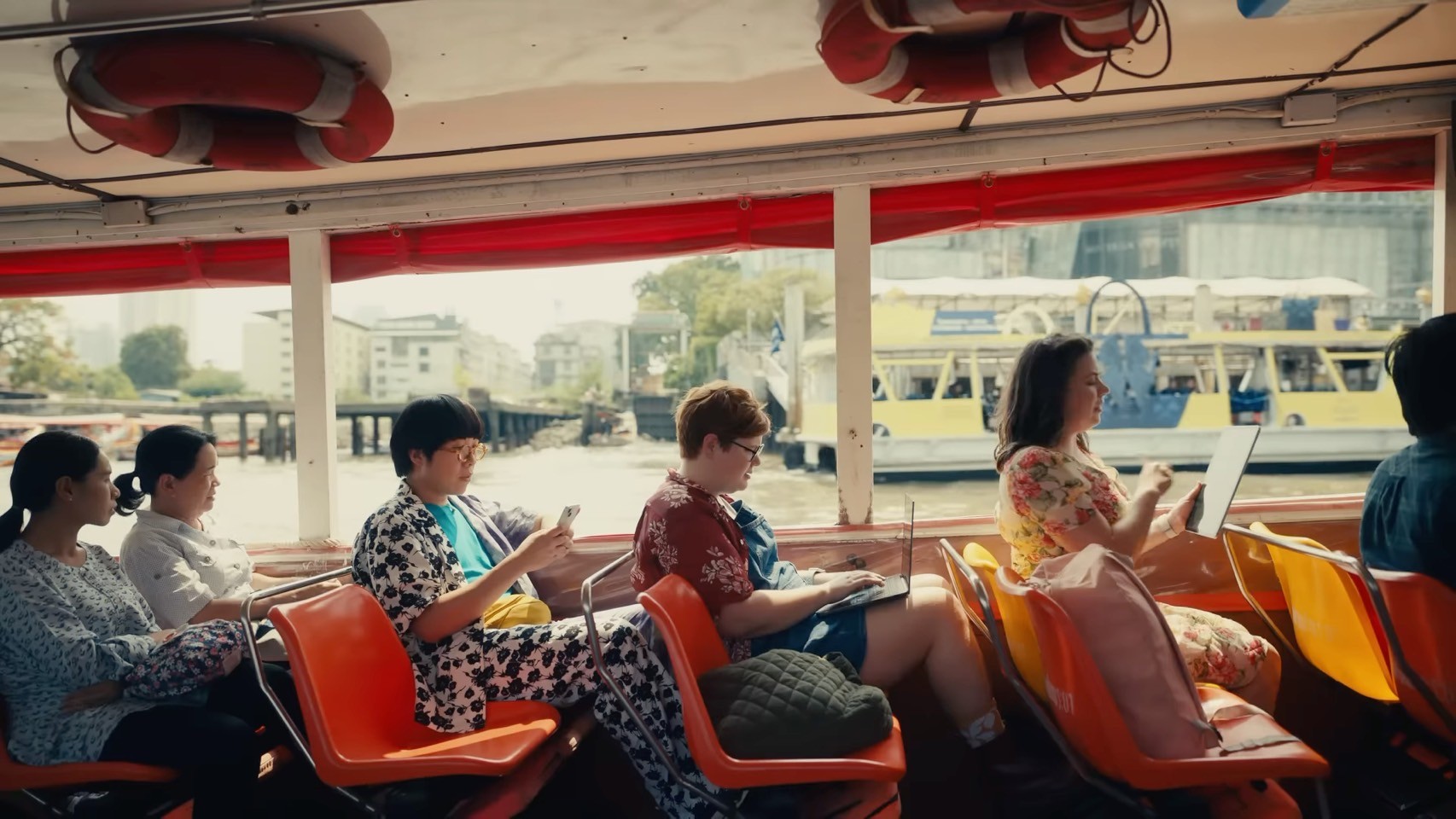
In the midst of ongoing debates, a pivotal question arises: How does our society define ‘developed’? What depiction of Thailand do people desire in advertisements, and how do they want the country to be perceived globally? More importantly, does this projected image match with the average of the whole country enough to meet the expectations of foreigners who come to Thailand to visit, work, or invest? This issue should be a key focus for the government. To mitigate the frustration often sparked by foreign film portrayals, a fundamental shift might be necessary—starting with decentralizing power, distributing prosperity more evenly, improving access to resources, and enhancing the standards of public utilities and services across the nation to bridge the gap of societal disparities. Rather than expending energy on critiquing Apple for allegedly demeaning Thailand—an accusation that has led many to declare a switch from Apple to Samsung (notably, a brand from South Korea that has faced similar accusations of discrimination against Thais)—or getting embroiled in debates over the propriety or prejudice of such advertisements, it might be more productive to redirect this energy towards substantive national and societal development.


